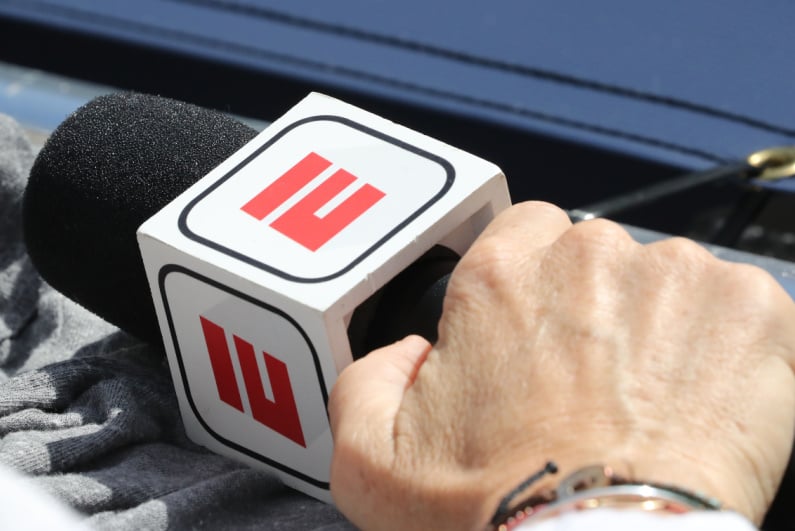
Top News Stories
Casino News
Crime
Most viewed articles
- MGM Resorts Laying Off 200+ Contact Center Workers, Reports Suggest
- Dara O’Kearney: End of an Era as “The Chip Race’s” Unibet Sponsorship Comes to an End
- Casino Refused to Pay Sports Betting Influencer’s $500k Win, Social Media Looking for Answers
- Drake Wins $100k Off Adin Ross After Female Bodybuilder Outcurls Him
- Conman Tipster ‘Moosh’ Filmed Arguments With Sportsbook Staff Over Lifetime Ban
- Homeless Man Wins $1m in the California Lottery, Intends to Buy a House
- The MrBeast Experience at Resorts World Las Vegas Doomed to Fail Right From the Jump
- Excalibur Laying Off Workers and Cutting Housekeeper Hours, According to Reports
- Top News Stories
- FanDuel, DraftKings, Others Face Potential Kansas Sports Betting Shutout















